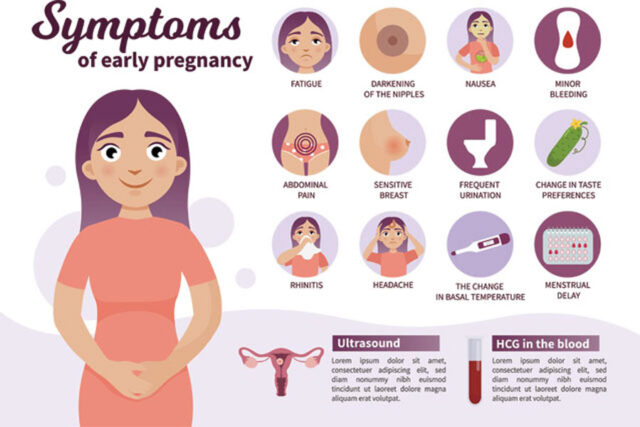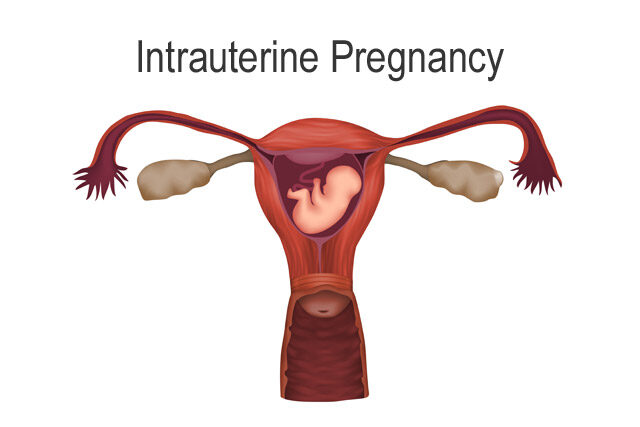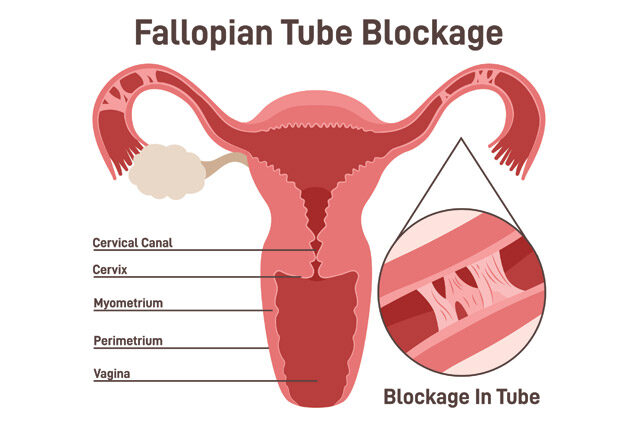Choosing to start trying for a baby for the first time is a wonderful but somewhat confusing period in men’s and women’s lives. There are so many myths and misinformation about what one can and cannot do while trying to conceive. Of course, many common practices will, indeed, increase your chances of conceiving naturally. Yet, only a third of women have a chance of becoming pregnant after three months of trying. For the rest, this period can take up to a year.
Keep in mind that a year of trying to conceive without any luck is a reason to visit a fertility specialist. Unfortunately, men’s and women’s reproductive systems are not fully researched and explained today. So, it may take time before you will be able to conceive naturally. Some women, especially women over 35 may also need a little bit of help from healthcare specialists. Still, during this period, it’s best to follow certain rules and norms for women who are about to be pregnant. So, these are the practices and lifestyle changes that will increase your chances to get pregnant naturally.
Diet and Lifestyle Changes
A balanced diet and a reduction in alcohol consumption should be a couple’s first steps in trying for a baby. By the way, it does take two to go through dietary changes in order to increase a woman’s chance of pregnancy. So, a couple should consider adding certain products into their diet, while decreasing others. For example, taking more antioxidant-rich foods will positively affect fertility. Products like walnuts, carrots, avocado, lettuce, kale, and pumpkin will be quite sufficient to enrich your diet.
Next, a couple should stay away from trans fats for a while. Sure, it means saying no to deep-fried food, some baked products, processed foods, etc. Such artificial fasts can affect your health and fertility, making natural pregnancy difficult.
Also, there are still some debates about whether a moderate alcohol intake can affect pregnancy.
However, there is no argument that excessive drinking can drastically decrease your chances of natural conception. So, limiting the weekly number of alcoholic drinks will help you prepare your body for pregnancy.
Lastly, a woman should consider taking prenatal dietary supplements, quitting smoking even while trying, and getting more physically active. Of course, a woman doesn’t have to engage in heavy exercise if it’s not something she’s used to. Still, practicing yoga, going on long walks, or doing some cardio in the gym will be an advantage.
Maintain a Healthy Weight
A woman trying for a baby should focus on maintaining a healthy weight. Being underweight, overweight, or obese will negatively affect your chances of conception or a healthy pregnancy. Often, excessive body weight can contribute to a number of health issues that will be affecting fertility. While being underweight can increase your chances of infertility or repeated miscarriages.
So, trying for a baby when your weight is not under control can really take a toll on your physical health as well as on the course of pregnancy. If anything, it can cause serious pregnancy complications. However, even getting pregnant at this stage may turn into an issue. For example, abnormal body weight can also affect women’s menstrual cycle, making it irregular. Irregular periods affect the healthy work of your reproductive system. Plus, it will drastically complicate your ability to track the ovulation cycle.
Track Your Ovulation
Of course, a woman should be able to track her ovulation to predict the fertile window in her cycle. Making so can be somewhat trickier for women with irregular periods. As long as the regular cycle lasts more or less the same number of days (+/- 1-3 days), a woman can track her ovulation days. A typical cycle lasts around 28 days. Anything shorter than 25 days and longer than 33 days can be a reason to visit an ob-gyn for additional tests.
Normally, ovulation takes place 13-15 days before the first day of the menstrual period. Anything less predictable than that, for example, irregular periods or different cycle lengths, may affect your calculations.
Sure, there are still other measures to detect your ovulation time. For example, to be sure, women can use ovulation predictor kits, which work similarly to pregnancy tests. You can also track the basal body temperature. A rise in temperature may indicate ovulation. Lastly, the cervical mucus also goes through some changes during the prime fertility time. Hence, you know it’s on when the mucus becomes more thick, cloudy, and sticky.
During ovulation, couples should have sex every day or every other day. Having unprotected sex a few days before ovulation can also be helpful.
Have Plenty of Rest and Reduce Stress
Future mothers-to-be should not live under a lot of stress. First, stress affects your neurological system and hormone levels. In other words, it changes how your body and brain function putting them in a constant fight or flight mode. Needless to say, such a state doesn’t signal your body that it’s time to get pregnant. So, being under chronic stress or suffering from anxiety may suppress your body’s ability to get pregnant naturally.
Also, being pregnant may (and most likely will) add more stress and discomfort in your life. So, before trying for a baby, find some time for yourself. Get away from a stressful environment. Maybe consider counseling or therapy. Overall, stress won’t help you get pregnant or go through a healthy pregnancy if you don’t learn how to cope with it.
Common Fertility Myths
Fertility and everything about it have been long followed by numerous myths. Of course, such an interest in fertility and many attempts to explain it come from our centuries-long ignorance about reproductive organs and pregnancy. However, some of the old myths still prevail to this day. These are just a few of them:
- Lying down after intercourse. It’s quite unnecessary since within several minutes sperm will inevitably reach the fallopian tubes traveling from the vagina. It happens regardless of the body position of a woman.
- Particular sexual positions. There is little evidence that suggests a particular sexual position can help enhance a woman’s fertility.
- Long abstinence for men. Studies show that the truth is quite the opposite. The quality of sperm can get worse with long abstinence, which affects its motility.
- The waiting period after contraception pills. Such a fact was true in the past. However, these days, contraception pills for women consist of much fewer hormones, making it easier to get pregnant right after stopping taking birth control.
Of course, those are not hurtful practices to try at home. Still, when trying for a baby, it’s best to focus on things you can do that will certainly ensure your chances of getting pregnant.




